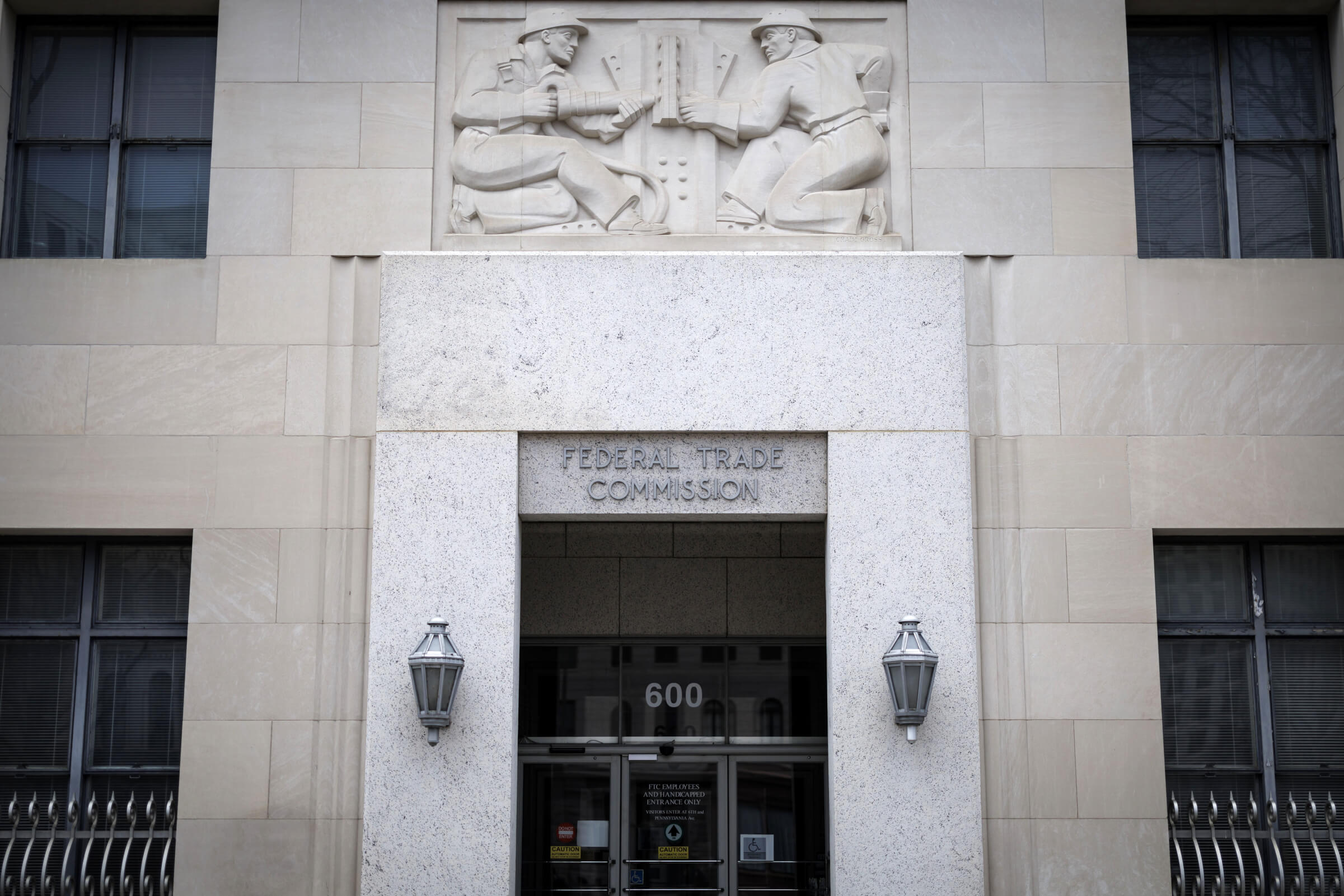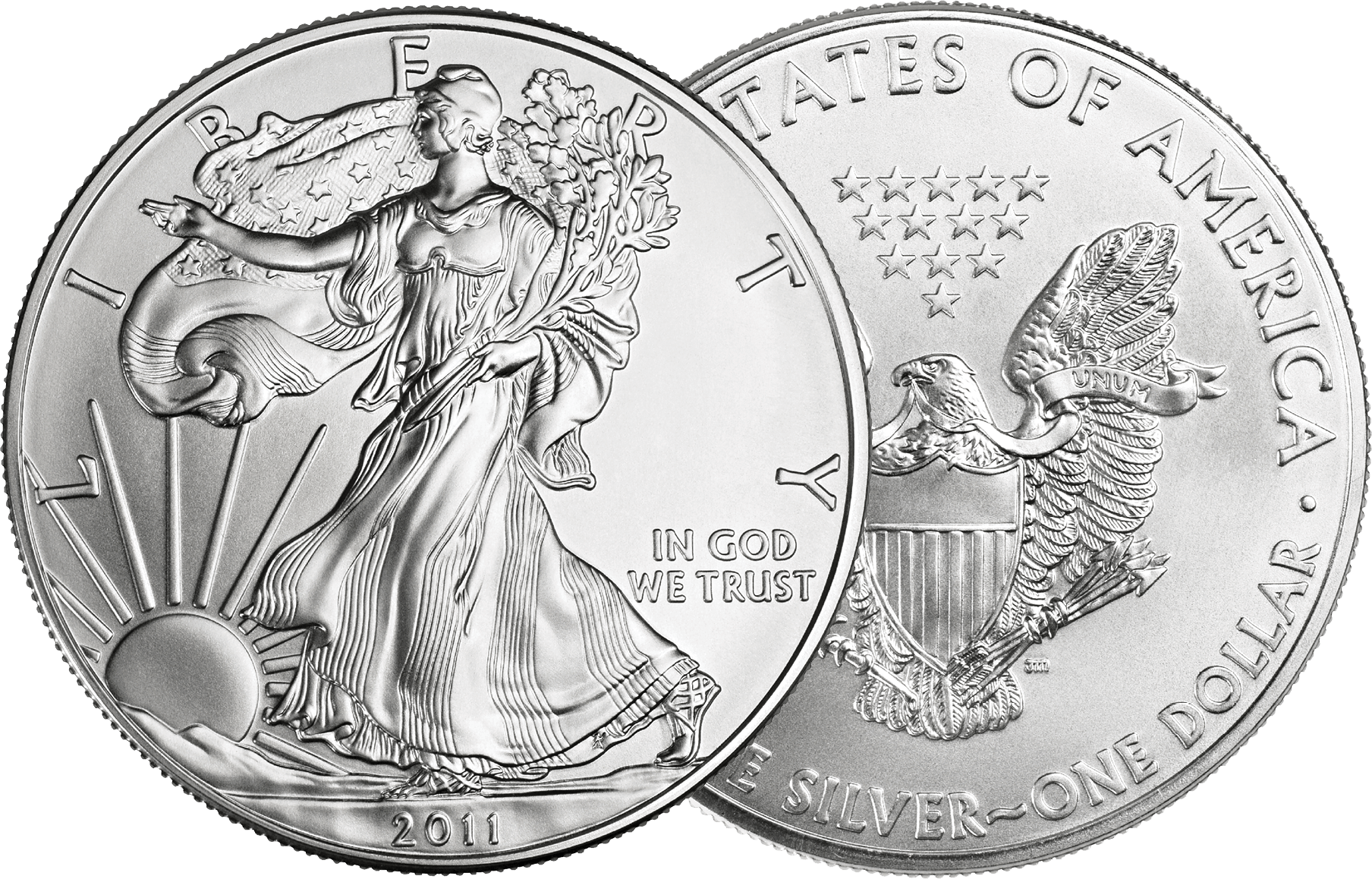In the News
FTC SEEKS TO BAN HIDDEN ‘JUNK FEES’

The maddening charges that pad your bills and seem to come out of nowhere are finally being targeted by a federal proposal that would require full disclosure of so-called junk fees.
These would include hotel bills with “resort” or “destination” fees, airline fees that used to be included in the ticket price, and handling charges piled on to concert and theater tickets.
The Federal Trade Commission in October proposed a rule that would ban hidden fees and make it mandatory for businesses to disclose their “all in” pricing for hotel stays, concerts and other events up front.
“All too often, Americans are plagued with unexpected and unnecessary fees they can’t escape,” FTC Chair Lina M. Khan said in a statement. “By hiding the total price, these junk fees make it harder for consumers to shop for the best products or service and punish businesses who are honest up front.”

FTC Chair Lina M. Khan
The FTC estimates its proposed rule would save consumers more than 50 million hours per year of wasted time spent searching for the total price in live-ticketing and short-term lodging alone, time savings equivalent to more than $10 billion over the next decade.
Separately, the U.S. Department of Transportation proposed rules to make airlines refund checked bag fees or compensate for meals, hotels and rebooking when flights are significantly delayed or when services such as Wi-Fi aren’t provided.
AARP canvassed social media users to ask which junk fees irritated them. Among fees named were charges to reserve an Uber ride, service fees at Airbnb, and fees tacked on to cable bills and rental car agreements and added to the tab at restaurants. Respondents frequently mentioned Ticketmaster, which has more than 80 percent of the market for major live concerts and professional sporting events.
SILVER COIN SCAM EXPOSED

IT SOUNDED LIKE A GLITTERING opportunity, but for hundreds of older Americans, the pitch to convert retirement funds into silver coins was a false promise that left them with massive losses.
Safeguard Metals LLC and owner Jeffrey Ikahn cheated more than 450 investors, most of whom were retirement age, out of tens of millions of dollars by convincing them with fraudulent claims to buy coins at wildly inflated prices from 2017 to 2021, a federal lawsuit says.
Safeguard targeted older people and lied about the dangers of traditional investments in individual retirement accounts (IRA) to scare them into transferring savings into accounts from which they could buy vastly overpriced silver coins, the suit says. Those who invested in the coins swiftly lost as much as half their savings, a total of about $26 million.
A settlement barred Safeguard and Ikahn from providing investment advice. A fine and restitution are scheduled to be set later.
Interest Rates on Store Credit Cards Hit New High
THE AVERAGE INTEREST RATE FOR credit cards issued by retail stores hit 28.93 percent in October, the highest level ever recorded, according to Bankrate’s retail credit card survey.
Older Americans on fixed incomes and whose savings have been depleted by intense inflation could be most hurt by the increase, experts say.
28.93%
average interest rate for credit cards issued by retail stores
Store-sponsored credit card sign-ups usually spike around the holiday season, when merchants tend to push their retail cards aggressively, says Ted Rossman, senior analyst at Bankrate. The fact that a higher interest rate will kick in after a sign-up period expires often gets obscured within fine print, Rossman says.
A $1,000 balance on a store-issued credit card on which the minimum payment of $30 a month was made would generate $279.13 in interest at 28.93 percent in the first year, based on tables at Calculator.net.
The average interest rate on credit cards issued by banks and other financial institutions was more than 21 percent in October.
Look for These Changes In 2024
NEW YEAR, NEW FEDERAL government rules. Here are some of the changes taking effect in 2024 that will matter to many older Americans.


Social Security beneficiaries will see a 3.2 percent increase in their monthly payments starting in January, reflecting the 2024 cost-of-living adjustment. The average retirement benefit will go up from $1,848 a month to $1,907.


There will be a higher threshold for how much of your work income is subject to Social Security payroll taxes. The cap is rising from $160,200 to $168,600.


The rules on required minimum distributions from retirement savings accounts will change. If your 72nd birthday was in 2023, you aren’t required to take distributions from 401(k)s and traditional IRAs. Starting in 2024, you will be subject to RMDs.


The government will expand the eligibility for the Extra Help program, which assists people with limited incomes in affording their prescription drug costs, such as premiums and copays. Medicare enrollees will qualify if they have income less than about $22,000.


Business owner? Beginning Jan. 1, many companies will have to report information about their “beneficial owners”—the people who own or control the company—to the Financial Crimes Enforcement Network (FinCEN).
WANT FRIES WITH THAT? BE CAREFUL

RESEARCH PUBLISHED by the National Academy of Sciences found consuming fried food—especially french fries—to be “strongly associated” with anxiety (12 percent increase) and depression (7 percent increase) among people surveyed in China. No specific results given for onion rings.